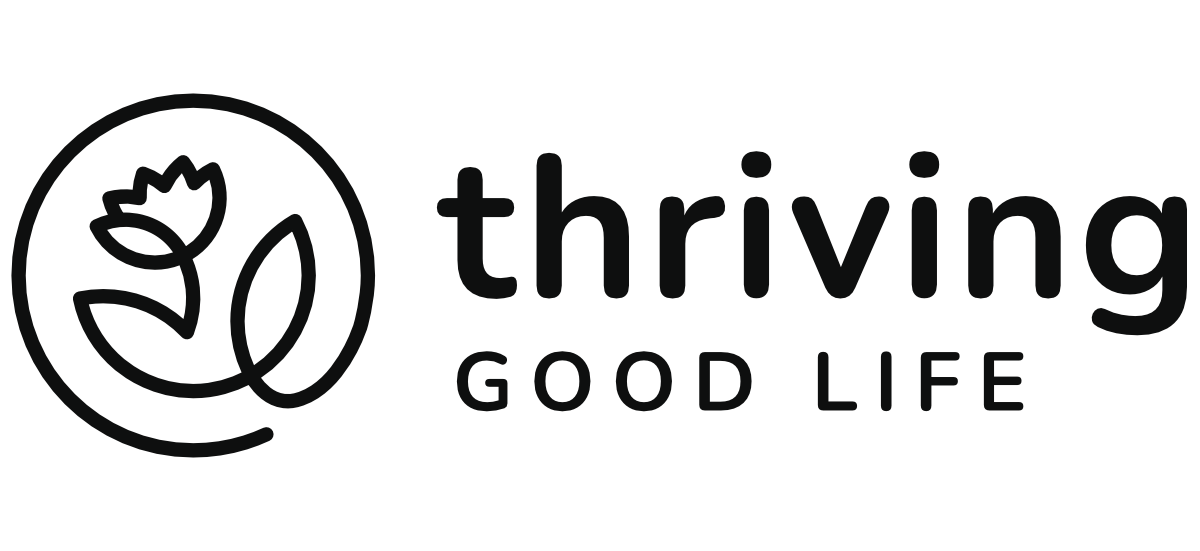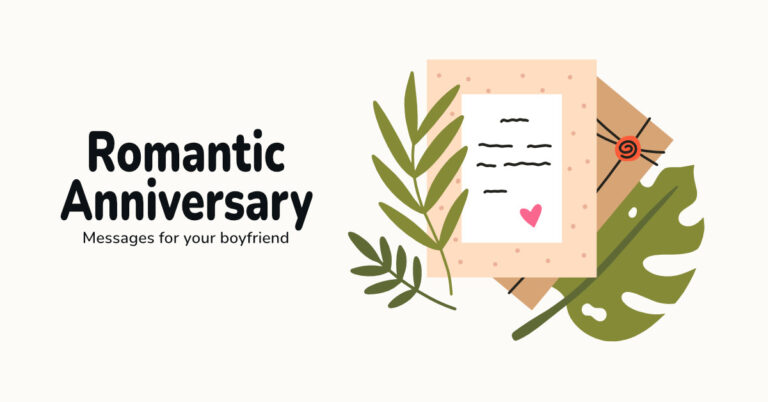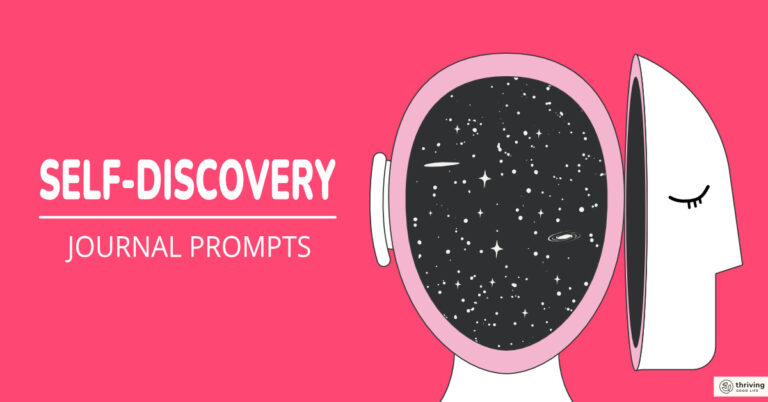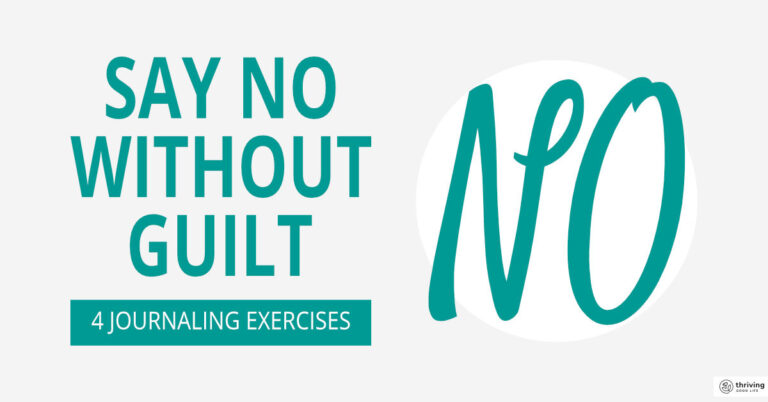🙏🏾 Life is unpredictable and reflecting on the past is how we prepare for what’s ahead.
Have you ever lived the same year twice?
I have, and it’s one of the most profound wake-up calls you can ever experience.
Over the years, I realised the immense value of using my journal to look back on the highs and the lows of the previous year, before rushing into the next one.
And so, it’s that time of year for one of my favourite journaling rituals: the end-of-year reflection. It’s like hitting the reset button in preparation for a fresh start.
Taking time to review the past 12 months with intention brings so much clarity and direction when it comes to planning the year ahead. Not only does this exercise help you learn and grow, but it also helps you connect with yourself and your relationships on a deeper level.
If a yearly review is not something you do already, take this as your cue to start.
In this post, I’m going to share my process, and show you how to make the most out of this ‘you-time’ and set the stage for the upcoming year. I’ll also give you tips on how to prepare your reflection, along with end-of-year journal prompts.
I hope you find some insights and inspiration that help you step confidently into the New Year.
Preparing Your Year-End Reflection
I like to do my end-of-year reflection in that quiet period after Christmas – when the festivities are over, the relatives have left, and I have that little window of time when I’m not working.
I have one rule. I need to have gone through my yearly review and completed my planning before the 1st January.
It might be different for you. You may prefer to start your review process earlier. Or, I know people who prefer to do it in the first week of January. Either way, aim to set up a tranquil environment that will be free from distractions for at least 2-3 hours.
Ask your family members to give you some space, so you’re not disturbed, and put your phone in airplane mode so you can be fully present.
Set the scene for a relaxed journaling atmosphere – light some candles, and/or incense sticks. And, if you’re into it, play soft instrumental music to create a peaceful ambiance as you reflect.
Action Steps
Gather your journaling tools, as well as mementos that will help you remember and reminisce about your year. That could be:
- A new journal or paper to write on, a pen or pencil, timer if need be
- Old journal entries, texts to friends, social media posts
- Sentimental photos from milestone events, vacations, time with loved ones
- Movie ticket stubs, pressed flowers, shells from beach trips
- Arts, crafts, or other memorabilia collected throughout your year
Use your paper or digital calendar from last year to make a list of all the personal and professional events that took place, and projects you were involved with.
Spend time reliving those memories – it’s a great way to inspire a sense of gratitude.
Reviewing Your Year as a Whole
I like to look back on the year in a couple of different ways.
First, I take the big picture view of all the major successes, failures, and challenges over the past 12 months.
This helps me see what I’ve accomplished (and what I didn’t), pinpoint where I spent my time and energy, what I learned, and what projects and goals I’d like to aim for next year.
After this I start to zero in on specific areas of my life – assessing what’s working well, what I need to allocate more time to, and where I need to make changes.
It sounds like a lot, but it’s actually a pretty straightforward and enjoyable process once you get started.
The following end-of-year journal prompts will help guide you through.
Big Picture End-of-Year Journal Prompts
Reflect on Your Top 5 Achievements of the Past Year
Think back on the moments from the last 12 months that filled you with pride, growth and joy.
Journal Prompts:
- Describe 5 highlights or successes, briefly in 1-2 sentences each.
- Pick 2-3 achievements and write more about what made them meaningful to you.
- In what ways did these experiences enhance your life professionally, personally or emotionally?
- What capabilities, skills or resources did you draw on the most to reach your goals?
- How did aspects like your outlook, routines or actions help support your efforts?
- Which individuals (friends, family, mentors) were especially helpful to you and how so?
- Considering all you’ve achieved, how has this shaped your vision for future aspirations?
Reflect on Your Most Challenging Moments
Think back to the toughest times you faced over the last year.
Journal Prompts:
- List 1-3 of the biggest challenges, setbacks or obstacles you faced.
- What made those struggles extra hard to push through?
- Who or what helped pull you through?
- What lessons have you learned from those experiences?
- How might those experiences influence how you approach future struggles?
Reflect on What You Need to Forgive and Let Go
Think back to any mistakes or regrets you’d like to acknowledge and release.
Journal Prompts:
- What past hurts, mistakes or regrets have been playing on your mind?
- What behaviours, attitudes or self-perceptions do you feel ready to leave behind?
- How might forgiveness enhance your well-being or future potential?
- What can you do to consciously release painful emotions or resentments?
- What lessons have you learned from past mistakes that will help you in the future?
Yearly Reflections: 7 Key Areas
A big part of end-of-year reflection is taking a step back to assess how you showed up across all areas of your life.
Wellness expert Dr. Bill Hettler identified six key areas to consider reflecting on – physical, emotional, intellectual, occupational, social and spiritual well-being. 1, 2
I’ve included a 7th area which is also important to our well-being, and that’s financial health.
Just like nature has its seasons, our own wellness dimensions move through cycles across the year. Sometimes we’re thriving and everything feels in bloom.
Other times we’re feeling stagnant or off-balance.
Action Steps
Review and reflect on each of the following areas in your life.
By all means examine the big events of your year, but don’t neglect the smaller things too. Like daily routines, how you spent your time, and who you spent your time with.
Think about the highs and lows, accomplishments and tribulations, insights and emotions that defined your days, weeks and months.
Here are some guiding prompt questions:
Physical wellness – How well did you care for your physical body through nutrition, exercise, sleep, etc? What challenges or highlights come to mind?
Emotional wellness – What emotions defined your year? How did you process stress, heartache, joy? What coping strategies helped in difficult times?
Intellectual wellness – How did you expand your mind through learning, reading, problem-solving? What knowledge did you gain?
Occupational wellness – Were you fulfilled in work/school? How did it provide meaning, outlet for strengths? How would you describe your experience in integrating your work with other aspects of your daily life?
Social wellness – Who was there to support you when you needed it? Who did you share your most meaningful experiences with? How did you connect, contribute, and feel seen?
Spiritual wellness – What practices nurtured your spirit i.e, meditation, nature, rituals? How did you cultivate purpose and meaning through those practices?
Financial wellness – Did you manage money and plan for your future wisely? What financial lessons, successes or skills did you develop?
Final Year End Prompts: Reflection & Gratitude
As the year winds down, take a few minutes to think back one last time.
Journal Prompts:
- What unsaid words or unfinished business do you need to tie up? How can you wrap that up before starting your new year?
- What was the biggest risk you took? Would you take the same risk again? What was the biggest lesson you learned?
- What was the best decision you made this year and why?
- Which people inspired you the most this year?
- Did you inspire anyone this year? If yes, who were they?
- What are you most thankful for from the past 12 months?
- If you could give your future self some advice, what would it be?
- What would you like to celebrate about this past year, and how will you celebrate it?
Now choose 1-3 words that best describe this past year.
Journal Reflections: Plan for Next Year
You’ve reflected on last year—that gives you a great foundation to kick off plans for the new year. So continue to build on those experiences and lessons because you’re already one step ahead.
Check for patterns. Find what sparked joy, what fuelled growth, and which supportive behaviours or habits resulted in positive changes in your life.
Don’t overlook the things that drained your energy. All these observations are like gold —they’ll guide you on what to allow more of, and what to minimise in the coming year.
With these insights in your pocket, grab a fresh page in your journal (or open a new digital document if that’s your thing), and start visualising your next year.
List your aims and aspirations, however big or small. Make it yours.
Footnotes
- National Wellness Institute. (2020). Six dimensions of wellness. National Wellness Institute. https://nationalwellness.org/resources/six-dimensions-of-wellness/ Retrieved on 14 Nov 2023. This model promotes a holistic perspective of wellness across six dimensions: emotional, physical, intellectual, occupational, spiritual, and social wellness. Developed by Dr. Bill Hettler in the 1970s, it explains how addressing each of these interconnected dimensions can help individuals achieve their full potential.
- In this guide, when I talk about wellness, I simply mean your overall sense of health, happiness and balance in life. It’s not just about physical fitness – wellness is multidimensional. It’s about how nourished and aligned you feel across the key aspects of who you are. Such as your mindset, relationships, spirit and more. Reflecting on wellness holistically will give you a full picture of where you’re exceling, and where some fine-tuning may do you good.






